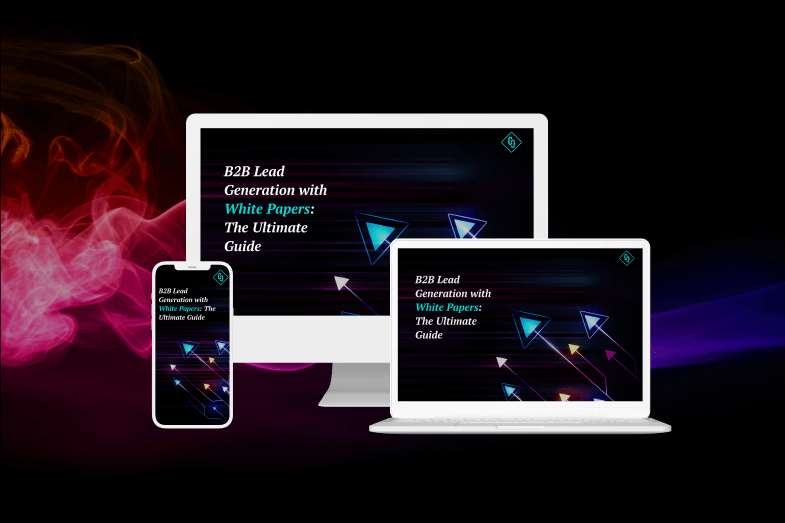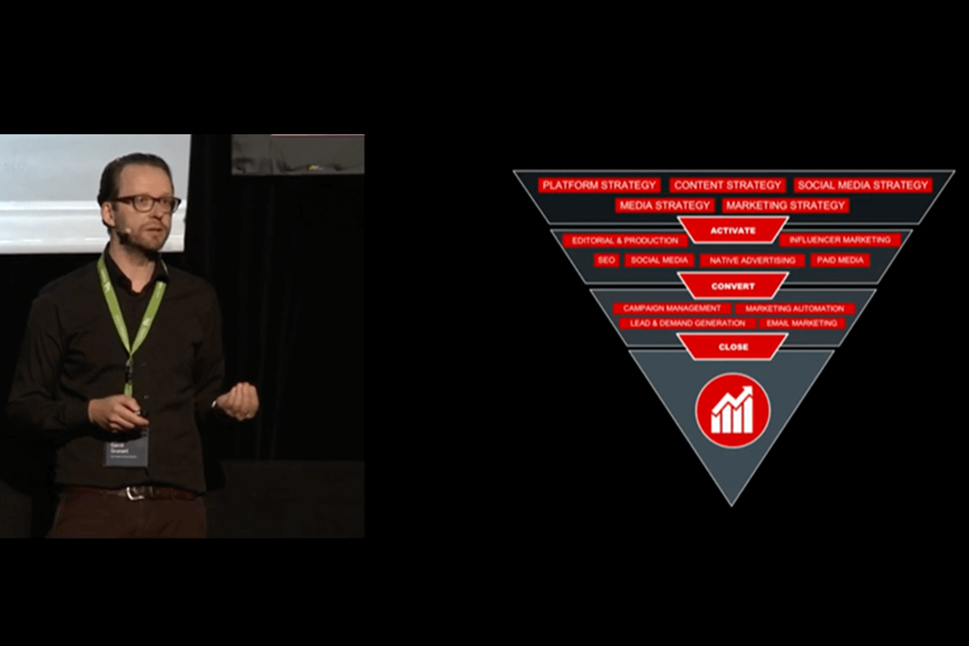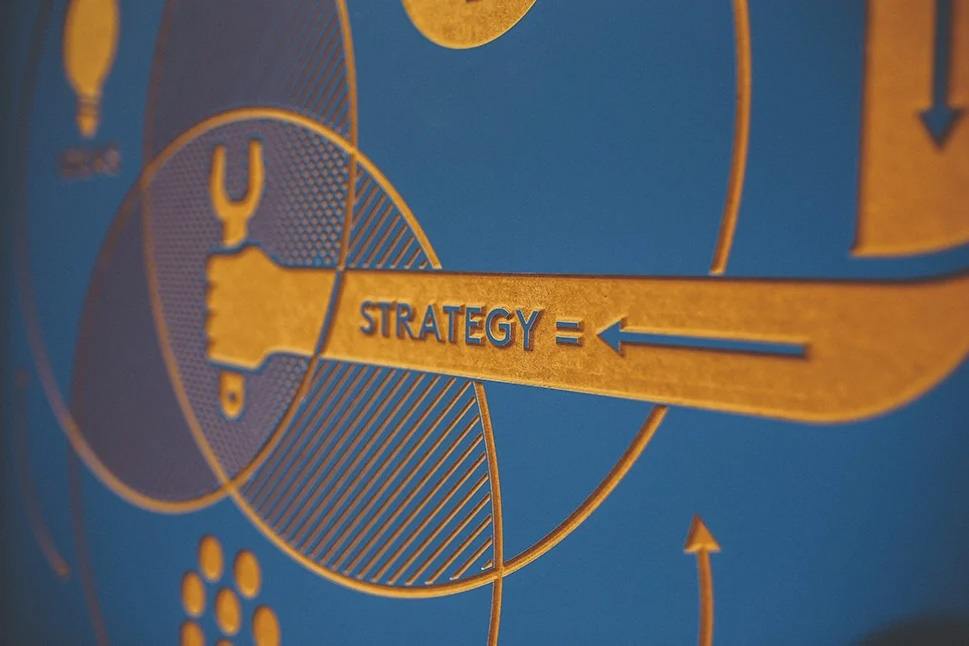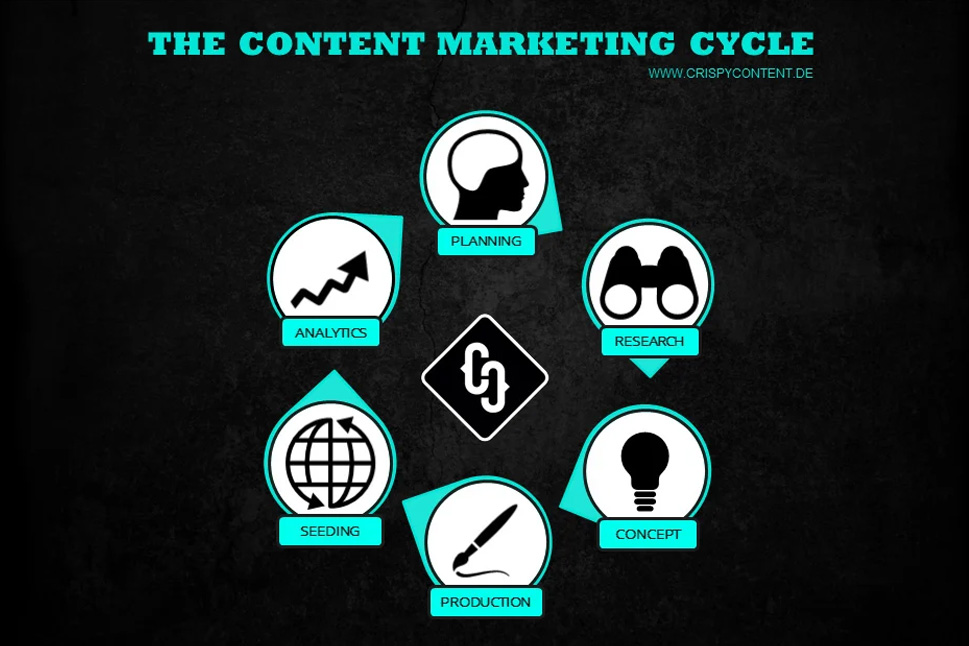Knowledge Retention in B2B Marketing: Methods & Tools
Last updated on July 1, 2025 at 12:15 PM.In marketing, knowledge is the most valuable resource. Those who have built functioning processes, best practices, and industry expertise over the years know how quickly this capital can be lost — whether through staff turnover, restructuring, or the formation of silos. Especially in globally operating companies where teams collaborate across locations and time zones, preserving and transferring knowledge is crucial. The challenges are well known: mistakes are repeated, briefings fall flat, and new hires take too long to become productive. The value of tackling this issue becomes evident when time and resources are scarce and smooth processes are essential.

When Experience Walks Out the Door: The Impact of Knowledge Loss in B2B Companies
Marketing teams often face knowledge loss due to employee turnover or a lack of cross-department collaboration. This scenario is not rare — in recent years, many companies have experienced how essential competencies can disappear almost overnight.
The consequences: errors recur due to lack of expertise, inefficient briefings waste time and money, and onboarding takes weeks or even months. In B2B companies, where product and service complexity is high, these risks are especially significant.
Effective knowledge retention is therefore no longer a “nice to have,” but a true competitive advantage. Companies that rely on a centralized knowledge pool can react faster, ensure communication quality, and preserve their capacity for innovation.
Centralized Knowledge Collection: More Than Just Documentation
The solution lies in building a centralized knowledge pool that goes beyond a random collection of files on a server. The goal should be to structure knowledge so that it is easy to find and understand for all team members. Various formats can help here: from standardized protocols and how-to guides to thematic wikis and FAQ repositories.
In B2B marketing, where complex contexts and individual customer requirements are common, transparency of processes and learnings is key to sustainable success. Systematically documenting project and campaign knowledge not only prevents repeated mistakes but also creates a foundation for the quick onboarding of new colleagues.
Peer Learning and Internal Academies: Creating a Living Learning Culture
Knowledge retention is not a static process. It’s not enough to store documents and hope they’ll be found when needed. A learning culture is essential, where employees actively share knowledge and learn from each other. Peer learning plays a vital role here: in regular sessions, team members can present cases, discuss best practices, or jointly solve challenges.
Companies that establish internal academies or integrate structured review and feedback rounds into their daily routine create an environment where knowledge is not only transferred but also refined. For marketing teams that must constantly adapt to change and trends, this is a major advantage.
Industry Focus: Digital Communications Agencies and Knowledge Exchange
Working with external partners — such as digital communications agencies — highlights the importance of well-defined knowledge exchange processes. The more stakeholders involved in a project, the greater the risk of lost or miscommunicated information. A centralized knowledge base, supported by structured briefings and transparent communication paths, significantly reduces this risk.
Moreover, companies that document knowledge systematically can better manage their service providers: tasks are more clearly defined, expectations more accurately communicated, and results more swiftly evaluated.
Tools and Processes: Enabling Knowledge Transfer in Daily Operations
The best methods are of little use if they are not integrated into daily routines. That’s why it’s advisable to use knowledge management tools such as centralized project management systems (PMS), note-taking tools, or tiered access rights. These enable structured storage and controlled accessibility of information without sacrificing clarity.
Especially for complex marketing projects involving many contributors and interfaces, a well-designed system pays off. Documenting tasks, briefings, and outcomes centrally creates transparency and ensures that important knowledge is preserved even with personnel changes.
Embedding Knowledge Management in the B2B Marketing Production Process
To ensure knowledge retention is not perceived as an extra burden, it should be firmly embedded in the production process. This means that documenting and sharing learnings should be an integral part of every project, meeting, and campaign. This creates a workflow in which knowledge is continuously carried forward and developed.
For teams working with multiple departments, external partners, and international stakeholders, this is a pragmatic way to maintain oversight and respond quickly to changes.
Challenges and Solutions: Practical Considerations
Naturally, there are challenges on the path to successful knowledge retention. Time and resources are often lacking to consistently implement documentation and exchange. Acceptance within the team can also be an issue if the benefits aren’t clear or processes seem too complicated.
Clear responsibilities, streamlined processes, and integration into existing tools and workflows can help. Regular feedback sessions, short reviews, and practical documentation formats ease adoption and increase willingness to participate.
Innovative Approaches: From AI to Automation
Recent developments show that AI-powered tools and automation solutions can greatly support knowledge retention. Smart search functions, automatic tagging, or chatbots that help with information retrieval are just a few examples. These can streamline processes and help employees find the information they really need more quickly.
Linking knowledge management systems with other marketing tools also creates synergies: briefings, campaign results, and market analyses become centrally accessible and easier to evaluate.
First Steps Toward Sustainable Knowledge Retention
To get started, conduct an audit: Where does documented knowledge already exist in the company? Which processes work well, and where are the gaps? Then, select a central platform, define responsibilities, and choose a documentation format that fits.
Initial steps can include introducing regular review meetings or internal knowledge-sharing sessions. A guideline for document storage and maintenance can also help establish a shared standard. What matters is that the processes remain lean and are tailored to the team’s needs.
Higher Quality and Responsiveness Through Structured Knowledge Work
Teams that make knowledge readily accessible benefit from higher quality and faster responsiveness in their daily operations. A structured approach to knowledge retention is not an end in itself — it pays off, whether during onboarding, managing external partners, or developing innovative campaigns.
The topic is complex but solvable. With a clear plan, the right tools, and an open learning culture, any marketing team can preserve and harness the value of its knowledge over the long term. For a deeper dive, our latest e-book offers a practical framework and concrete recommendations for everyday implementation.
Creative, smart and talkative. Analytical, tech-savvy and hands-on. These are the ingredients for a content marketer at Crispy Content® - whether he or she is a content strategist, content creator, SEO expert, performance marketer or topic expert. Our content marketers are "T-Shaped Marketers". They have a broad range of knowledge paired with in-depth knowledge and skills in a single area.














.png)











.jpg)

-1.jpg)

-1.jpg)
.jpg)



.jpg)













.jpg)







.jpg)

































.jpg)












































